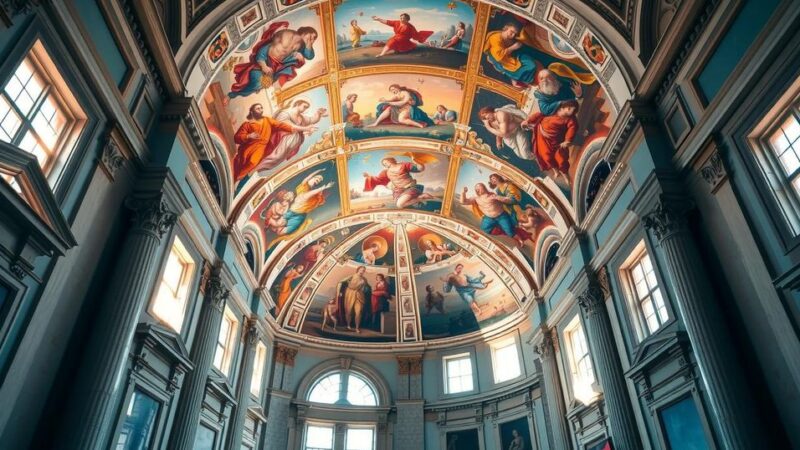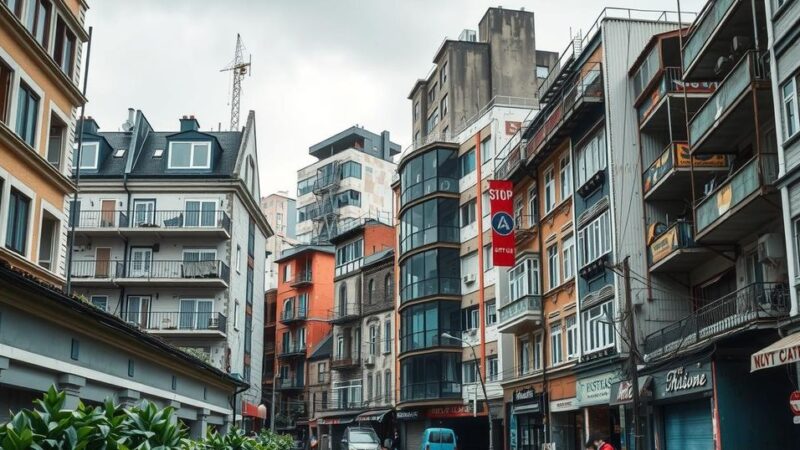Pope Leo XIV, Robert Francis Prevost, is the first American pope, known for his decades of missionary work in Peru. He has been appointed to lead the Dicastery for Bishops, bridging gaps within the Church. Prevost’s moderate and pastoral approach is expected to foster greater inclusivity and relevance for the Catholic community today.
Pope Leo XIV, known formally as Robert Francis Prevost, stands out as the first American pope in history. His formative years were steeped in missionary work in Peru, where his experiences shaped much of his pastoral approach. With substantial influence within the Roman Curia, Prevost, now 69, was handpicked by his predecessor, Pope Francis, to lead the Dicastery for Bishops, a vital Vatican department that advises on episcopal appointments.
Born in Chicago, Prevost is recognized for his gentle demeanor, which has earned him the respect of cardinals in the Curia, even though he spent decades outside of Rome and the United States. “Leo XIV is a pastoral pope in his approach, attentive to the peripheries,” noted Francois Mabille, a researcher at IRIS, a think tank in Paris. It seems Prevost may fit well within the pragmatic reformist faction of the Church; his moderate stance makes him palatable to the conservative wing as well.
Confidence in Prevost’s ability to oversee a key Vatican department indicates his deep commitment to those often overlooked within the Church—the marginalized communities. After being appointed as prefect of the dicastery, he was elevated to cardinal, reinforcing his status within the Vatican hierarchy. Edinson Farfan, the bishop of Chiclayo, Peru, highlighted Prevost’s dedication, stating, “He has given his whole life to the mission in Peru,” noting his passion for alleviating poverty during his long tenure there.
Amongst his unique distinctions, Prevost is the first pope from the Augustinian order, a role he embraced while advocating for missionary efforts and charitable initiatives globally. As noteworthy as that is, Vatican insiders had predicted that he might rise to the papacy, given his global perspective and strong pastoral background.
The Italian newspaper La Repubblica described Prevost as “the least American of the Americans,” attributing this idea to his soft-spoken nature. His profound knowledge in canon law offers reassurance to conservative members within the Church, especially with regards to theological matters.
Following the passing of Francis, Prevost remarked on the ongoing tasks at hand, underscoring the urgency for progress within the Church. He expressed, “We can’t stop, we can’t turn back,” intricately linking the Church’s evolution to the current societal landscape. Prevost emphasized that, while “the message is always the same: proclaim Jesus Christ,” the methodologies to engage contemporary audiences must adapt.
Born on September 14, 1955, in Chicago, Prevost’s heritage is a rich blend of French, Italian, and Spanish descent. He began his ecclesiastical journey in the Order of St Augustine’s minor seminary. After obtaining a degree in mathematics from Villanova University, he pursued a masters in divinity and a doctorate in canon law. In 1985, he devoted his life to missionary work in Peru, which significantly influenced his future roles.
His return to Chicago in 1999 saw him ascend as provincial prior of the Augustinians in the Midwest. He later earned the position of prior general, before returning to Peru in 2014 as apostolic administrator of the Chiclayo diocese. Notably, Prevost also serves as the president of the Pontifical Commission for Latin America, further cementing his influence within the Catholic Church.
In summary, Pope Leo XIV, once Robert Francis Prevost, represents a blend of American heritage and decades of genuine commitment to the poor, particularly in Peru. His pastoral mindset and experience within the Roman Curia position him as a significant figure in modern Catholicism, dedicated to navigating the complexities of today’s Church. Prevost’s soft-spoken leadership approach, combined with his global perspective, presents a hopeful outlook for the future of the Catholic faith in adapting to contemporary societal challenges.
Original Source: www.france24.com






